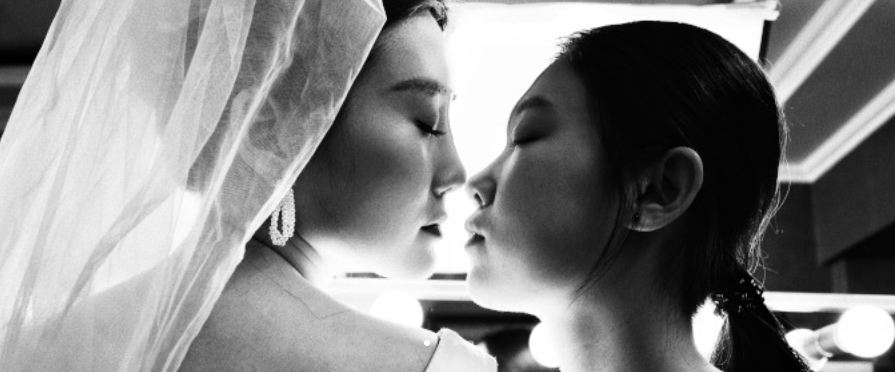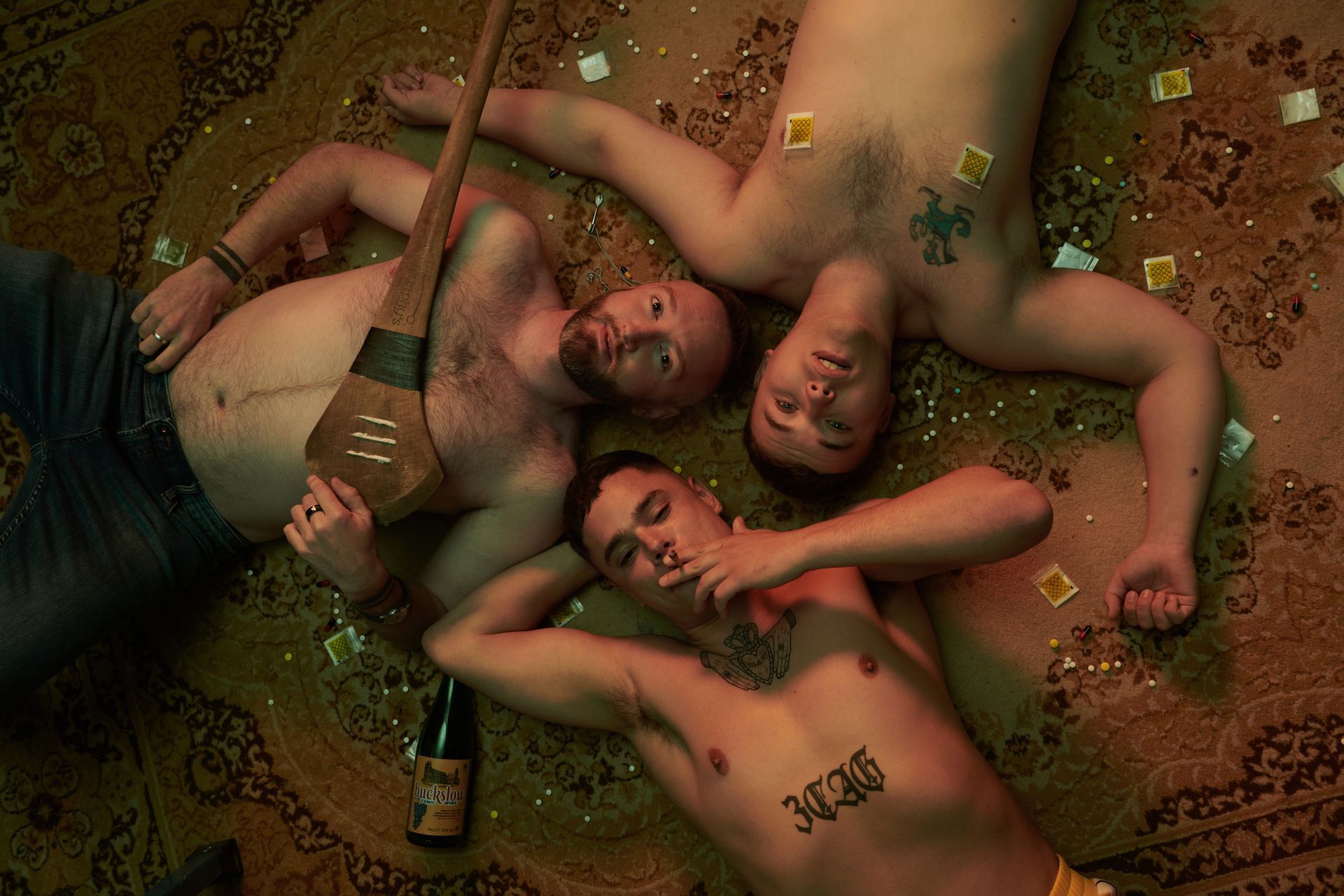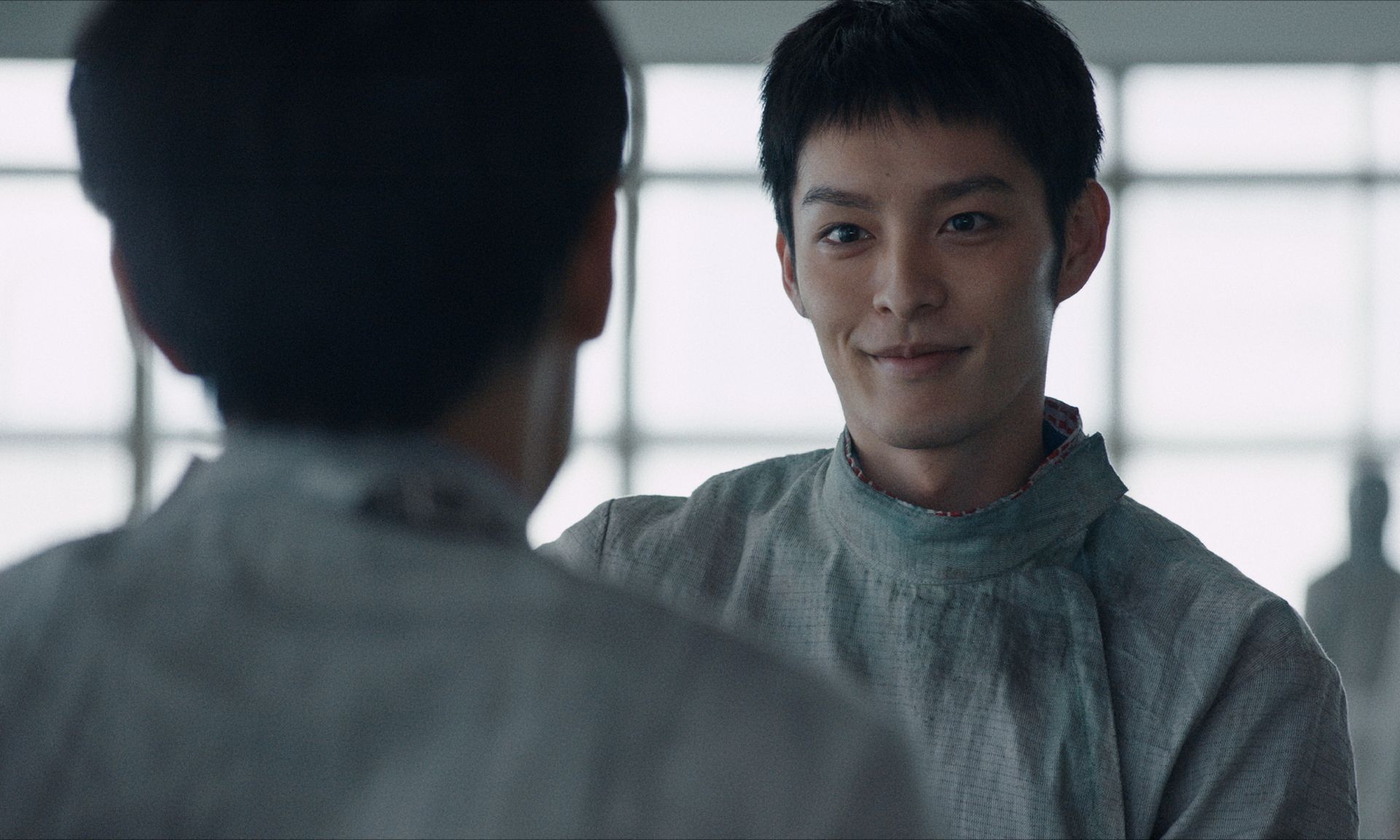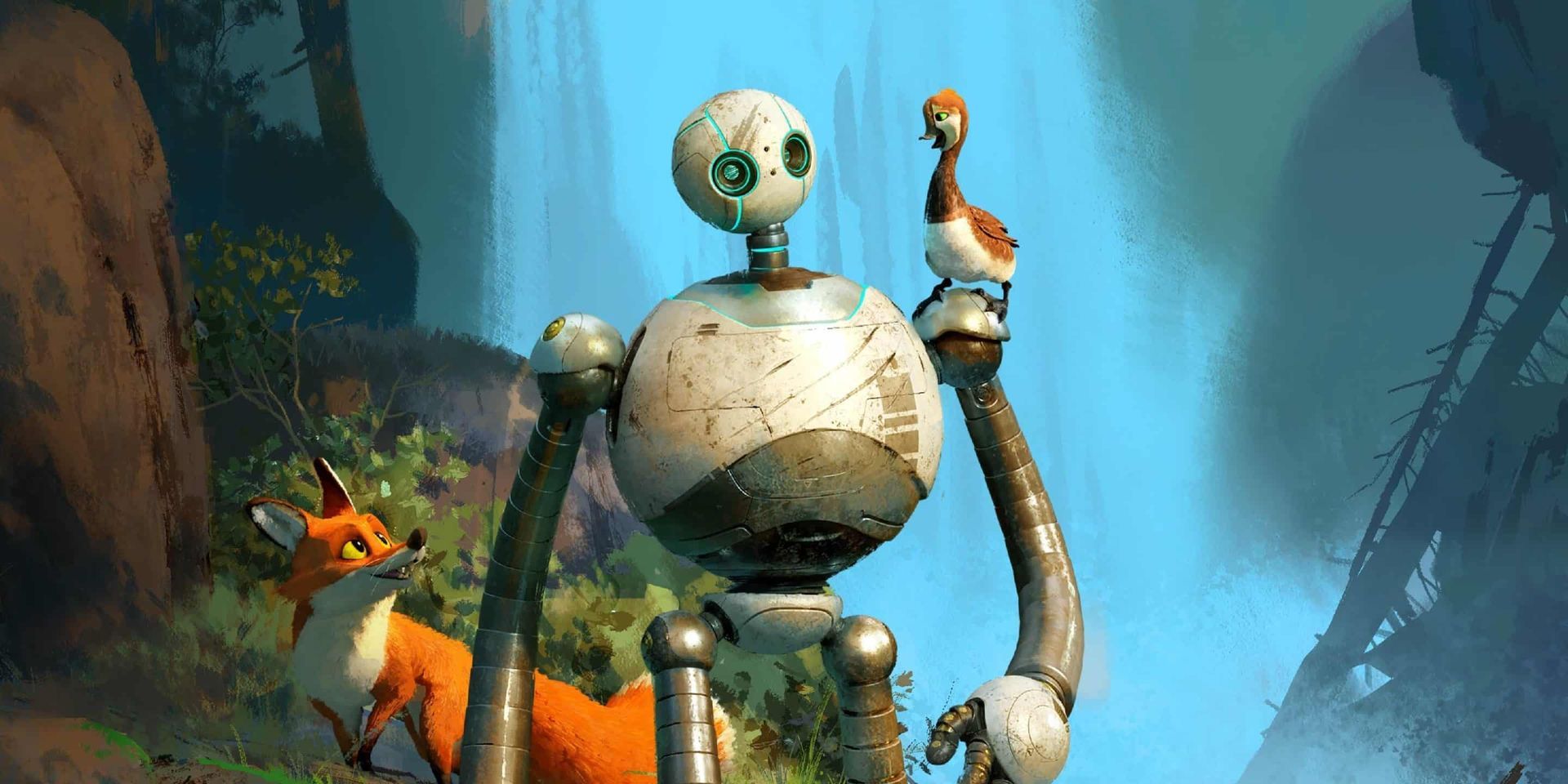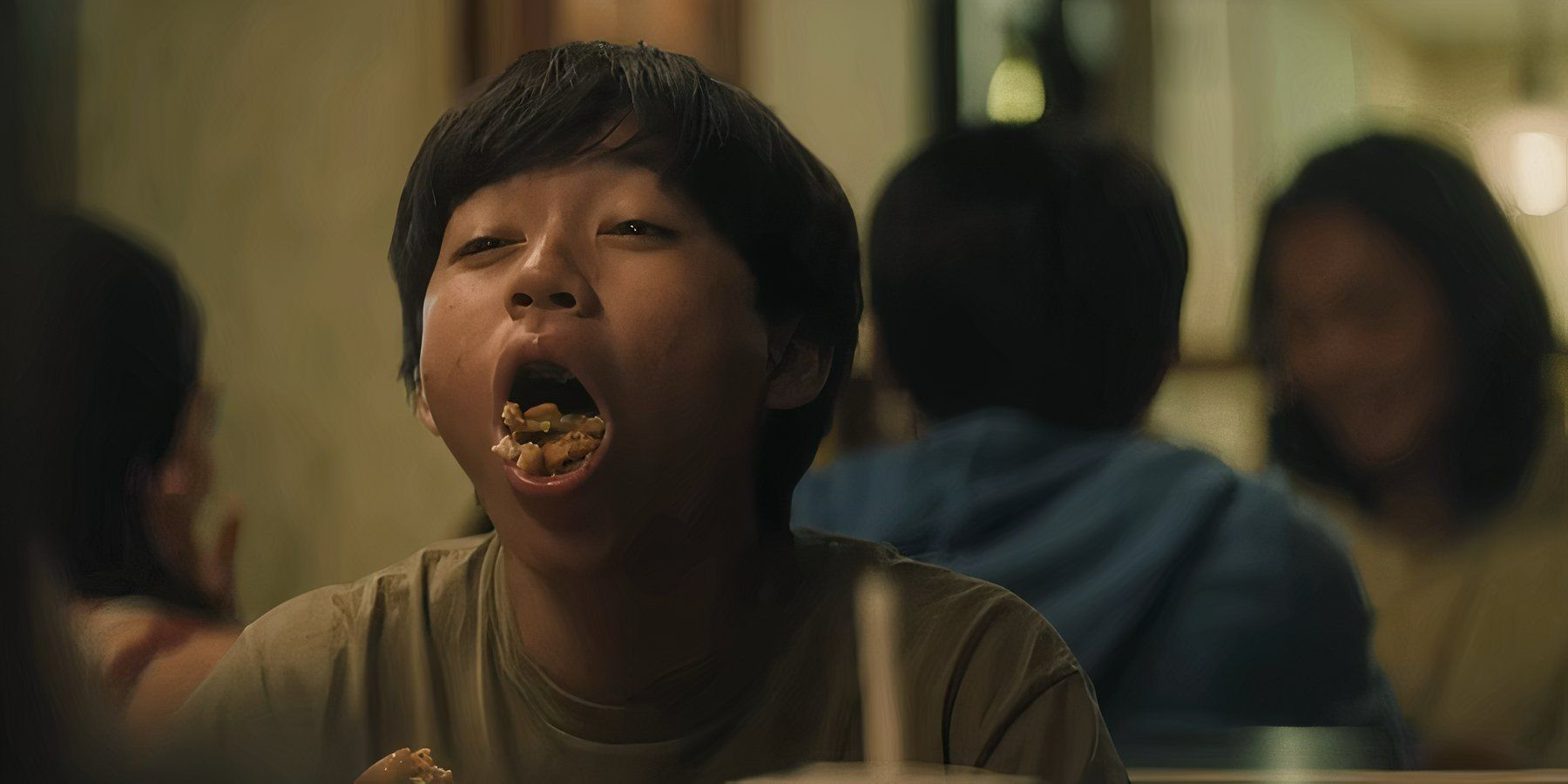Film Review #164: HER STORY
Her Story (2024): The new revolution of China's female narrative
What defines a woman in our society? Is it her age, status, or role in this world? What does it mean to be female? While feminist narratives and directors are increasingly making their mark in Western cinema with empowering stories like Greta Gerwig’s
Lady Bird
(2017) and Theodore Melfi’s Hidden Figures (2016), as well as Coralie Fargeat’s sensational
The Substance
(2024), female-centered narratives in Chinese cinema are only just beginning to emerge. Dubbed China's version of Barbie (2024),
Her Story
sees rising female director Shao Yihui deliver a refreshing take on portraying female empowerment on screen.
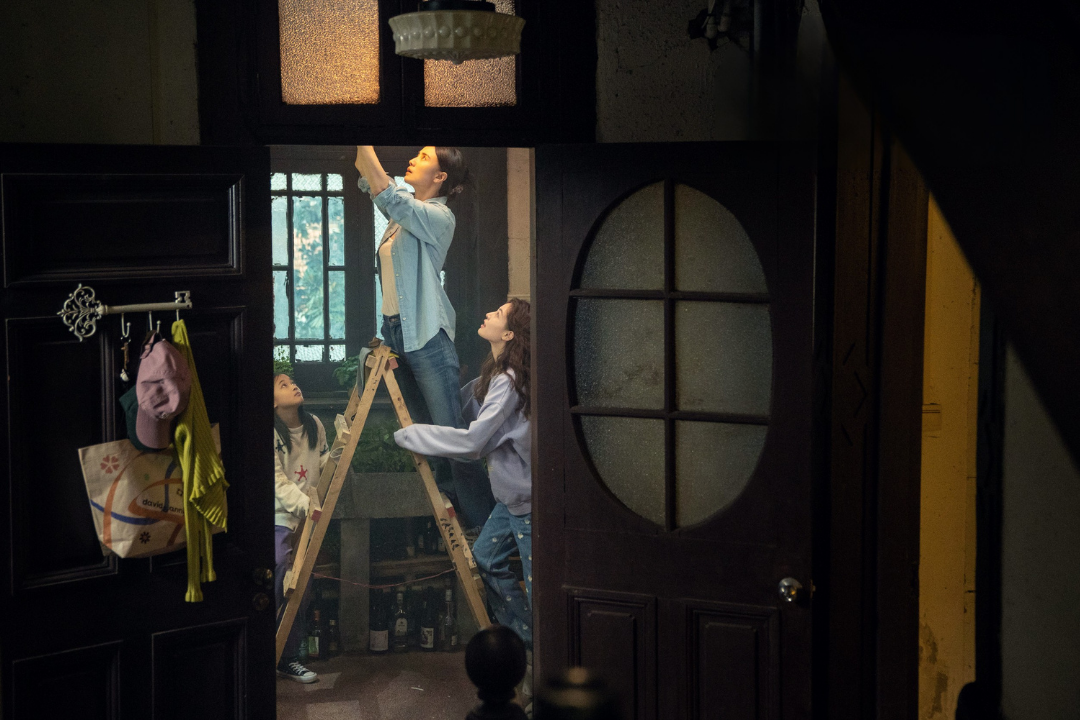
Released in November 2024 in China, Her Story has resonated with a growing wave of female cinema-goers, fueling the ongoing awakening of feminist consciousness in Chinese society. Following Jia Ling’s directorial debut, YOLO, earlier in 2024, the demand for female-driven stories reached new heights. Original scripts like Yin Lichuan’s Like a Rolling Stone (2024) further added to the momentum, enriching China’s traditionally more limited but increasingly vibrant collection of feminist films, joining earlier works like Teng Congcong’s Send Me to the Clouds (2019), or even Zhang Yimou’s Raise the Red Lantern (1991).
At its core,
Her Story
revolves around Tie Mei (铁梅, which translates literally into “iron plum”, played by Golden Rooster Award winner Song Jia), a headstrong and independent single mother, and her daughter, Moli (茉莉, “jasmine”, portrayed by eleven-year-old Zeng Mumei). As they settle into their new home in Shanghai, they befriend their young neighbor Xiao Ye (小叶, “little leaf”, played by the charismatic Elaine Zhong). Together, these three women navigate life, relationships, and societal expectations in a poignant exploration of what it means to be female in modern China.
Despite its simple premise, the film managed to rapidly climb the Chinese box-office to become the biggest blockbuster of December, driven by fierce support from female audiences who championed its themes across Chinese social media. This overwhelming reception speaks to the film’s role as a resonant mouthpiece for the voices of Chinese women seeking to challenge and redefine societal norms.
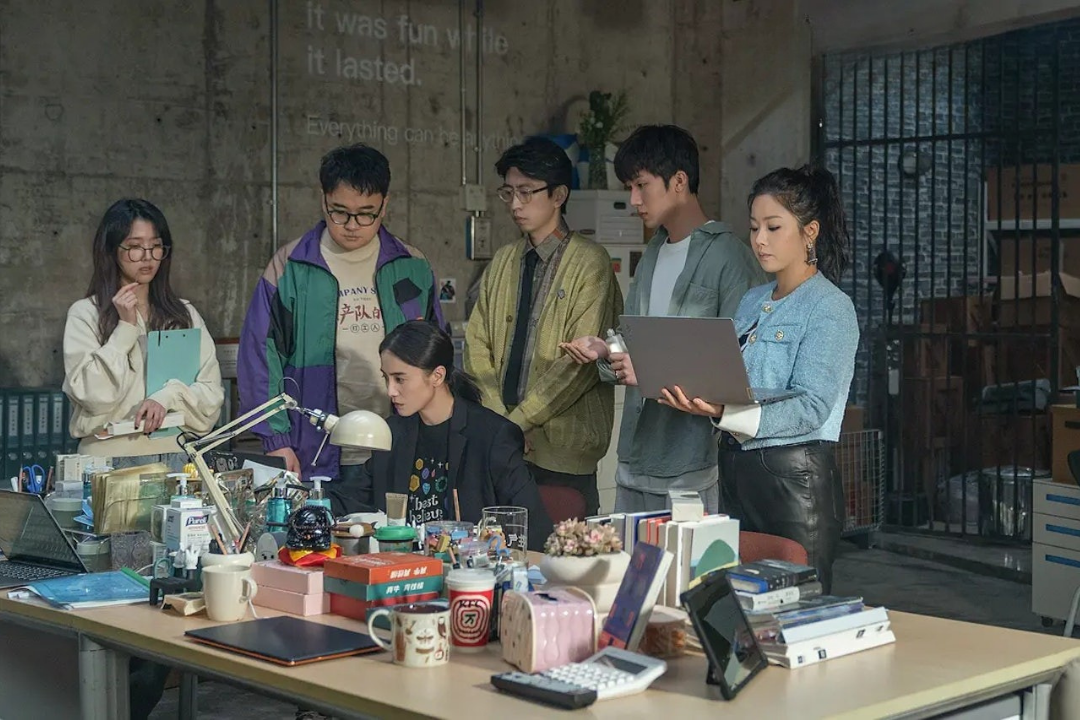
From the outset, Her Story defies stereotypes. Tie Mei shatters the conventional portrayal of single mothers in Chinese cinema, where such characters are often depicted as struggling and sacrificial. Instead, Tie Mei is financially independent and successfully balances a demanding career with raising her nine-year-old daughter to be confident, virtuous, and self-assured. Her strength, determination, and decisiveness present audiences with a woman who thrives not in spite of her circumstances but because of her own unwavering resolve.
Such fresh representation is not just present in Tie Mei but in all of the film’s female protagonists. In a scene where Moli, trying out a drum set for the first time, asks how girls are supposed to drum, Xiao Ye responds with a simple but powerful line: “Girls drum however you drum” (你怎么打女孩就怎么打). This welcoming sentiment of accepting girls as they are without imposed standards carries throughout the film as our protagonists confront and dismantle the many illogical struggles females face every day.
In one restaurant scene, Moli casually reminds Xiao Ye of her upcoming menstrual cycle in front of her male bandmates. When Xiao Ye tells her such topics shouldn’t be discussed publicly, Moli boldly points out a truth that many of us seem to have overlooked––that menstruation is a natural process experienced by half the world’s population and that it should not be a source of shame. Watching this scene felt like uncovering a long-buried part of my own womanhood. Menstrual taboo has been so deeply ingrained in women’s lives that Moli’s candid perspective feels like a much-needed wake-up call, exposing the societal attitudes that have long enforced this silence.
This is just one of the many instances where Her Story critiques and deconstructs the deeply ingrained norms we have come to accept. Through its characters, the film reflects the rise of a new generation of empowered women unafraid to question the status quo and calls for a broader feminist awakening in contemporary society.
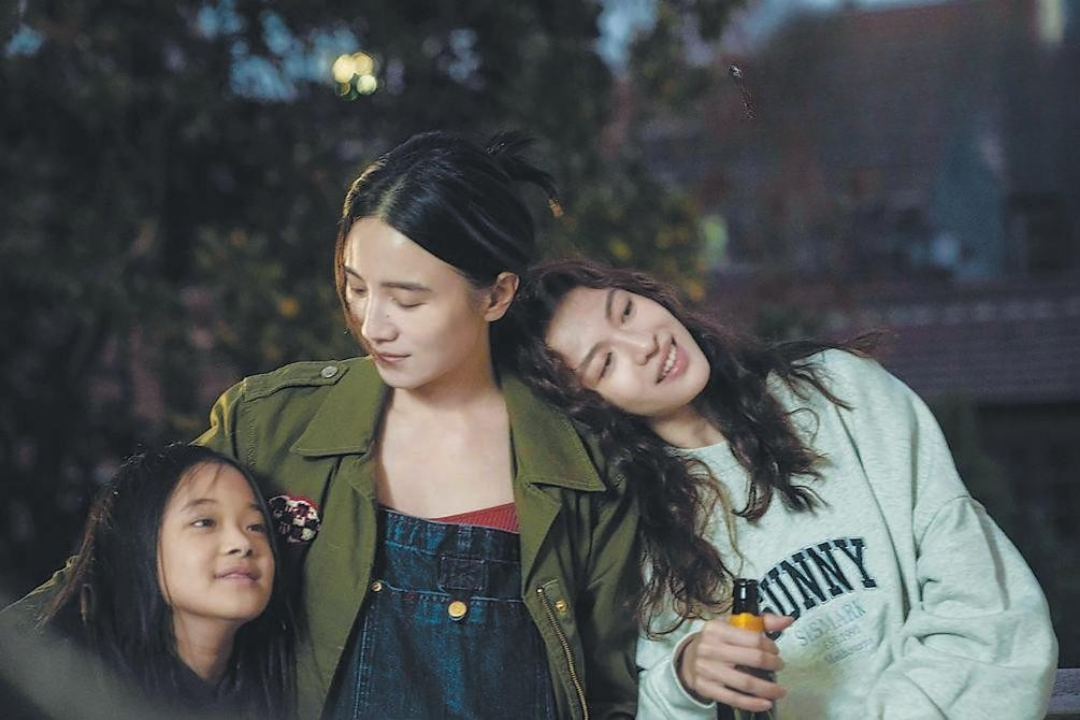
What sets Her Story apart is its nuanced depiction of women as complex individuals; it moves beyond the repetitive stereotypes of women in films and starts presenting them as just people. Our protagonists are not perfect; they are flawed and often criticised in the film. As a single parent balancing her career and motherhood, Tie Mei also has her own desires for romantic connection. Xiao Ye, seemingly an alcoholic with a dependency on male validation, is actually battling past traumas from her childhood. And Moli, who spends the duration of the film looking for a hobby, ultimately finds freedom in simply being herself.
Her Story asserts that female characters in films, and by extension women in real life, do not and should not revolve around men. The film’s multidimensional representation of women critiques the traditional media portrayal of female archetypes in Chinese cinema where, typically, female characters are constrained to rigid stereotypes—the damsel in distress, the sexy sidekick, the love interest, or the gold digger—with no character development or individual narratives beyond serving as a plot device for male leads.
In this female-led narrative, the script is boldly flipped, shifting men from the spotlight into the shadows. Male characters in
Her Story do not have names; instead, their roles are reduced to labels like "ex-husband," "drummer," or simply just their surnames like Xiao Hu, reflecting how superficial portrayals typically reserved for women feel when reversed.
Despite the rise of more progressive productions featuring ‘strong female characters’ in response to growing calls for female-empowered films, these characters are often depicted as women adopting traditionally masculine traits and rejecting their femininity to embody strength through ruthlessness and aggression. While this diversification is a step forward, such portrayals still confine females to specific definitions that inadvertently reinforce the notion that femininity must be abandoned for success.
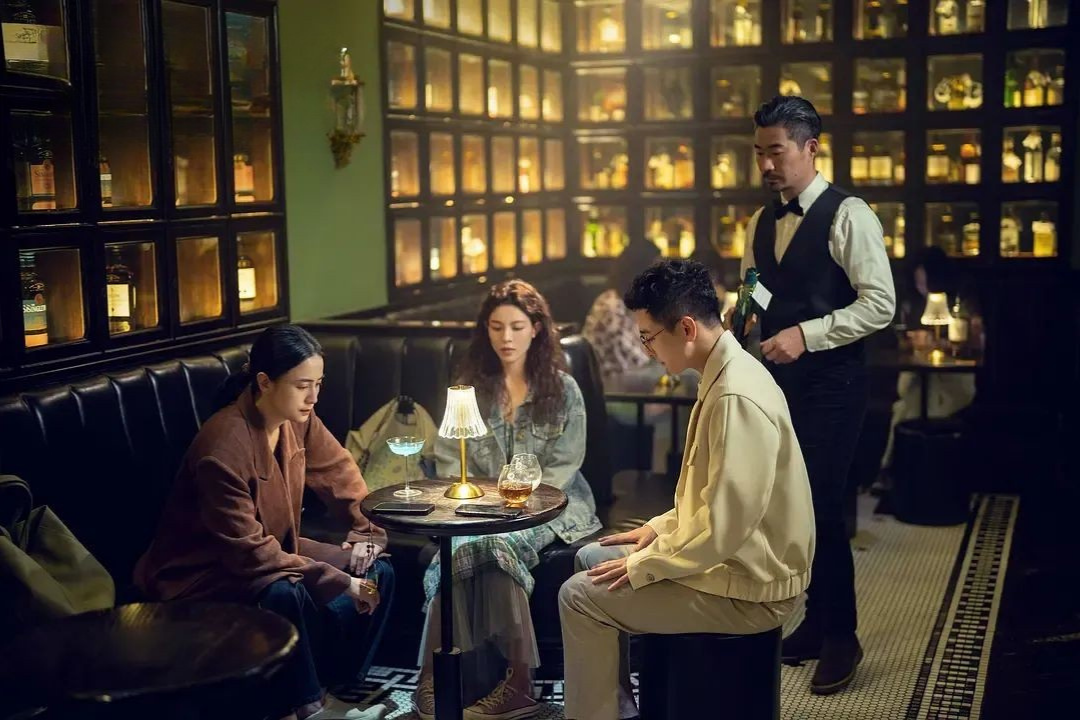
Some critics have accused the film of villainising men, but this interpretation misses the mark. Instead, Her Story seeks to cultivate space for a balanced dialogue between both genders. In the film, the ex-husband struggles with the pressures of being a stay-at-home dad in a society that expects men to be breadwinners, leading to him eventually initiating the divorce with Tie Mei. Similar to the Kens in Barbie (2024), the film suggests that both genders face pressure under the patriarchal system to fit into rigid moulds: men to succeed professionally, and women to excel domestically. Shao skillfully makes use of male characters like the ex-husband to bridge the gap between conflicting standpoints and invite men into the feminist discussion.
As the writer and director of
Her Story, Shao demonstrates masterful storytelling by using humour and metaphors to make complex societal themes accessible. In one memorable montage, everyday household sounds are likened to natural phenomena—the sizzle of a fried egg becomes a storm, vacuuming becomes a tornado, and porridge bubbling like lava. It is in these creative forms of storytelling that Shao pulls audiences closer to the film.
At its core,
Her Story is a feminist film that presents female hardship with light-hearted optimism, making it more accessible in environments like China, where such themes are less openly discussed. By using comedy, the film is able to resonate with a wider audience, sparking meaningful discussions among both men and women of all ages. While films
like Like a Rolling Stone (2024) explore female awakening,
Her Story takes it a step further, offering a much-needed narrative on how women can navigate and challenge the world after their rebirth. With humour, depth, and heart,
Her Story contends that the time has come to rewrite the rules of the game and embrace a new era of female empowerment.
---------------------
About the author: As a sociology major with a background in arts management, Belle is passionate about analysing social issues through film, exploring the intersection of society, culture, and storytelling. When she’s not immersed in films, songs, or books, she can be found either thinking or writing about her next creative endeavour.
This review is published as part of *SCAPE’s Film Critics Lab: A Writing Mentorship Programme, with support from Singapore Film Society.

